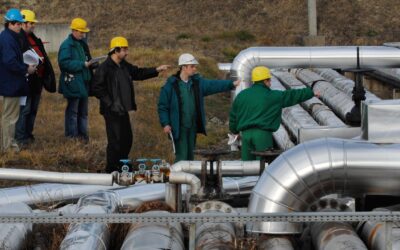Sorry, that’s old news…
You’ve found an older news story. We delete stories from our AAP News Feed after two months. But fear not, here’s today’s news!

The first round of inflation data released after the Reserve Bank chose to lift interest rates will be handed down.

Security agencies have not given any advice that would allow the government to bar a cohort of so-called "ISIS ...

Australia has an opportunity to redeem itself on international climate policy and lead a fossil fuel phase out, ...

President Donald Trump has flagged raising temporary tariffs on almost all US imports from 10 per cent to 15 per cent.

It's too early to tell whether Jim Chalmers' productivity roundtable will result in meaningful change for ...

Social media has been compared to casinos, opioids and cigarettes for its addiction qualities.

Social media has been compared to casinos, opioids and cigarettes for its addiction qualities.

Hungary says it is blocking a major EU loan for Ukraine until Russian oil starts flowing again through the Druzhba ...
No results found.
Background image courtesy victoriancollections.net.au